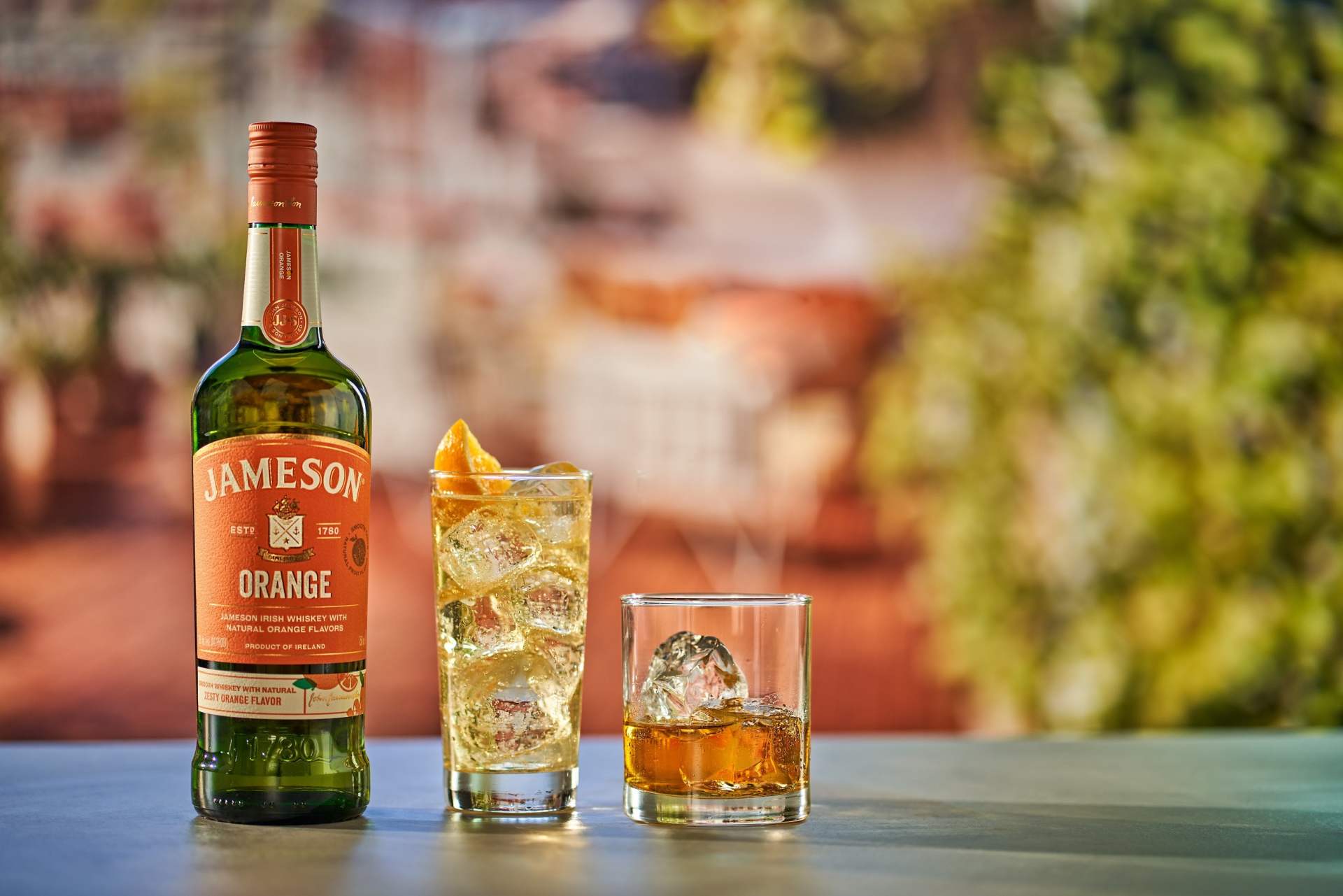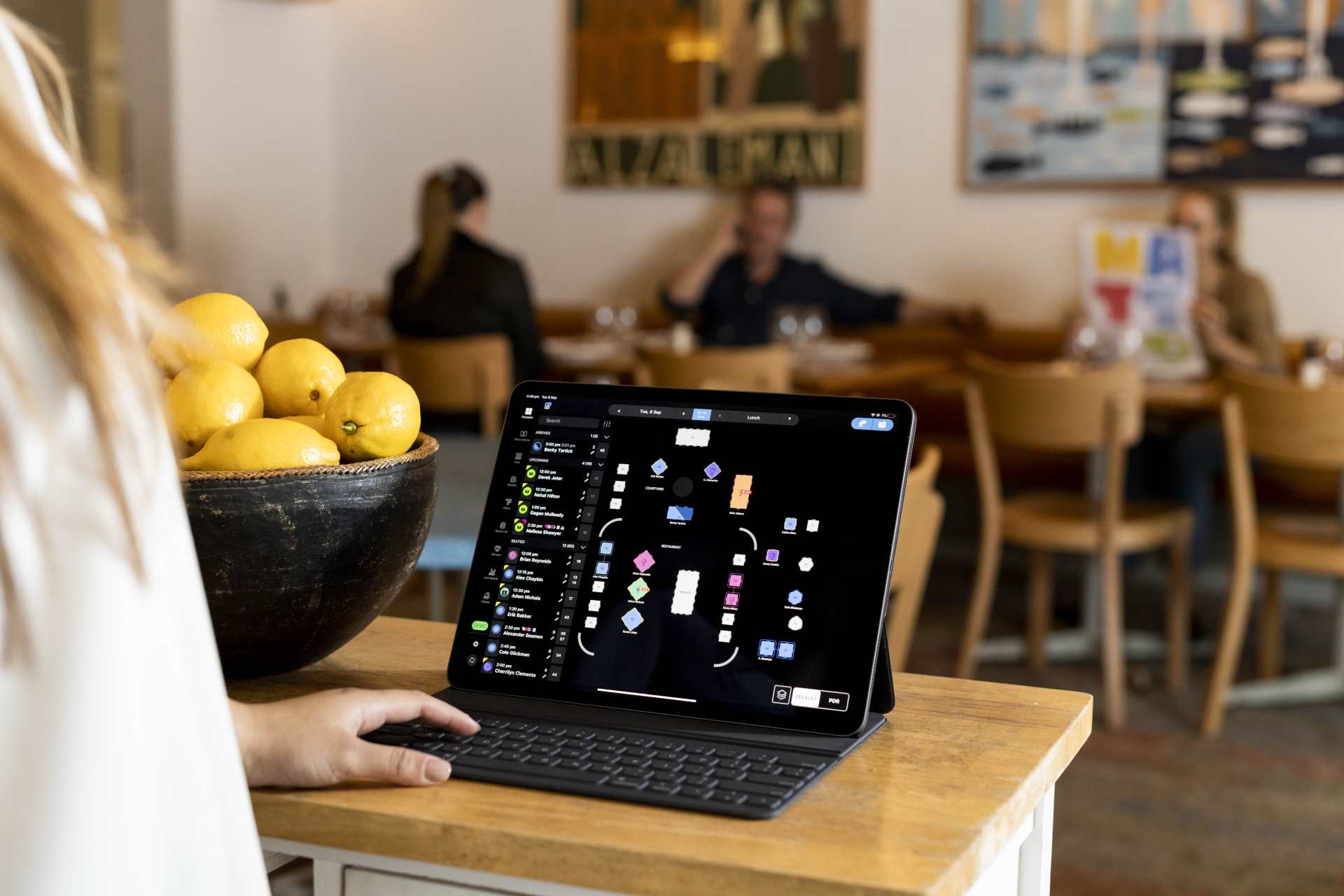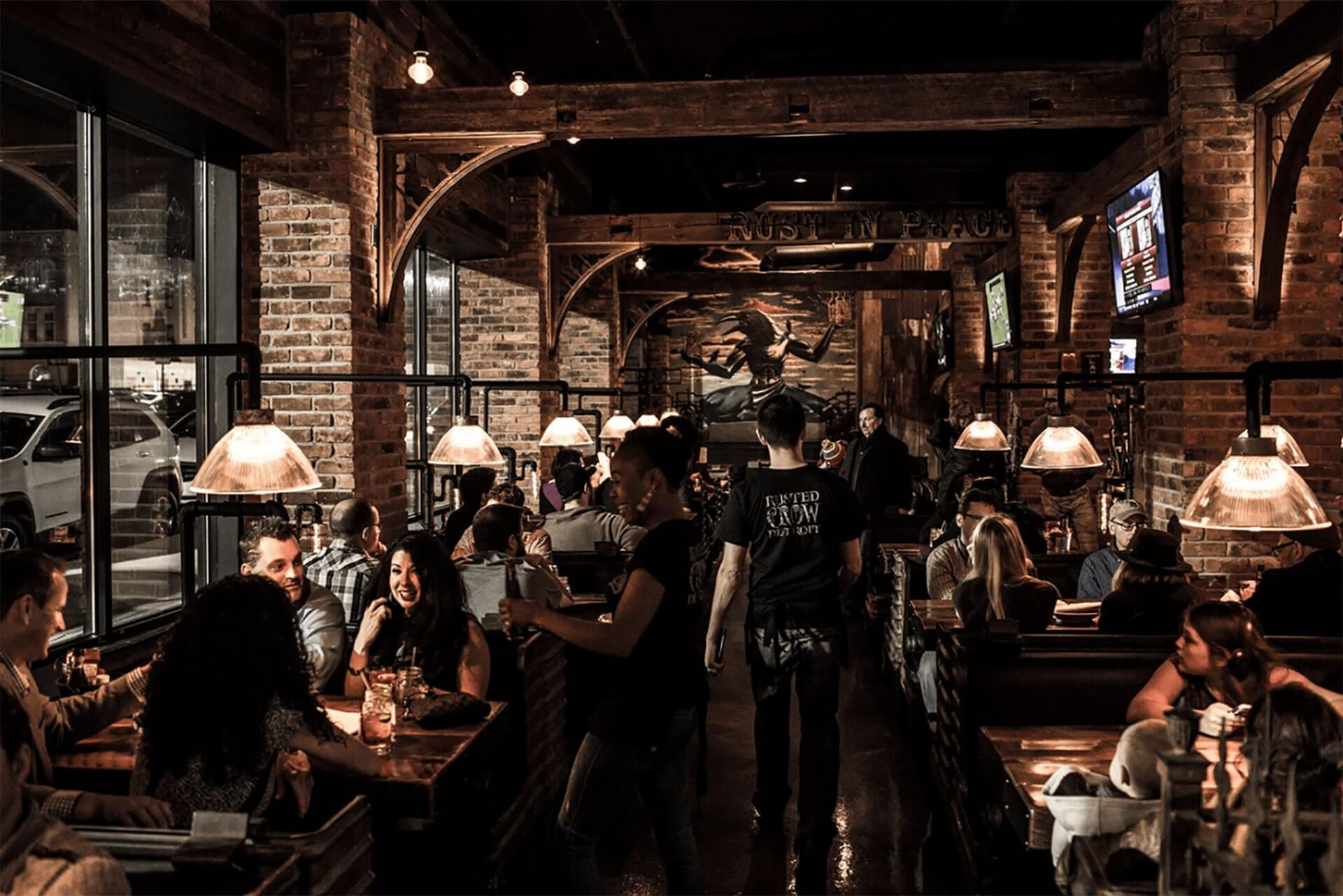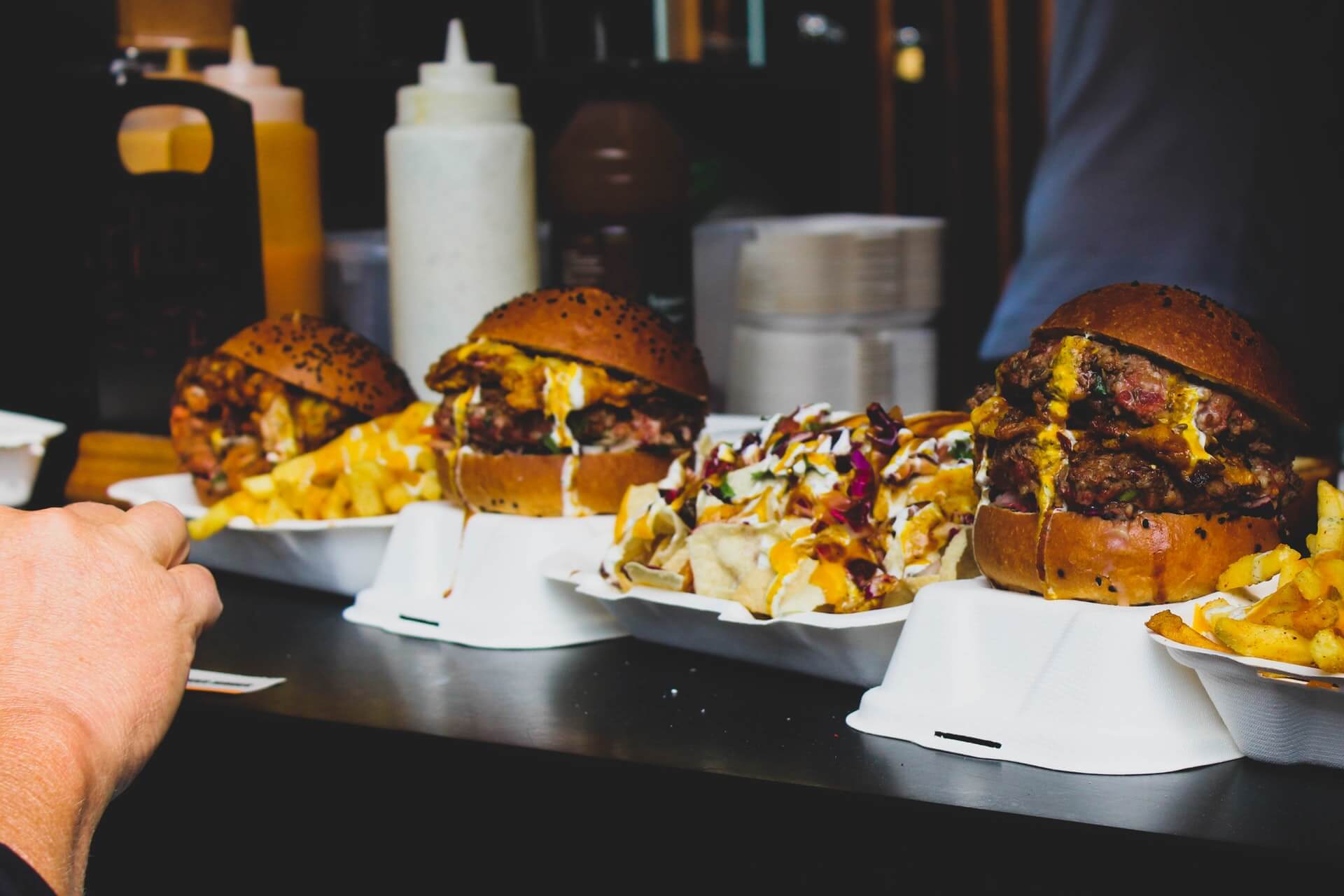Dame Hall of Fame Nominations Now Open!
by David Klemt

Now in its tenth year, nominations are open for the Dame Hall of Fame, honoring individuals who have a positive impact on hospitality.
In particular, the Dame Hall of Fame recognizes people who move accessibility and intersectionality forward.
The Tales of the Cocktail Foundation (TOTCF) and Ladies United for the Preservation of Endangered Cocktails (LUPEC) are accepting nominations until March 30. Currently, there are 42 DHOF members.
On July 29, three inspirational and influential Dames will join their peers. These three individuals will be inducted into the DHOF at the Ritz-Carlton New Orleans.
To nominate a potential inductee, please complete this form.
“We are so proud to be entering our tenth year of Dame Hall of Fame, which has become one of the most revered recognitions of Tales of the Cocktail Foundation,” says TOTCF CEO Eileen Wayner. “The collective magnitude of the Dames is unparalleled, and it is truly our honor to gather such a talented group of individuals, while inducting newcomers who are making a lasting impact on the hospitality community.”
Co-chairs Overseeing Process
The Dame Hall of Fame was first established in 2012. Since then, nearly four dozen of the most influential individuals have been inducted.
More than just an honor, the DHOF encourages continued mentorship. DHOF members seek to further diversity, inclusivity, and equity within the cocktail and hospitality communities.
In 2022, for the first time, two members will co-chair the DHOF. They will each take on this role for a two-term, effective immediately.
Additionally, the co-chairs will oversee this year’s DHOF nomination process. Learn more about each co-chair below.
Kirsten “Kitty” Amann
Tiffanie Barriere
Nomination Criteria
In 2022, the three inductees will receive individual awards. There will be a United States inductee, an international inductee, and a Pioneer Award inductee.
Woodford Reserve will present the first two inductees, while The Blend will present the Pioneer Award.
The criteria for nominations is below, provided by the TOTCF:
DHOF US and International Inductees Presented by Woodford Reserve:
In addition to being a woman, non-binary or trans individual, to be considered to be inducted into the US DHOF, nominees must:
- be a person whose professional and personal accomplishments have shaped the beverage landscape and provide visible models of achievement for tomorrow’s leaders;
- serve as a leader and mentor; and
- reside in the United States of America.
In addition to being a woman, non-binary or trans individual, to be considered to be inducted into the International DHOF, nominees must:
- be a person whose professional and personal accomplishments have shaped the beverage landscape and provide visible models of achievement for tomorrow’s leaders;
- serve as a leader and mentor; and
- reside outside of the United States of America.
The Pioneer Award by The Blend:
This award recognizes an individual who has encouraged mentorship and contributed to making the hospitality industry equitable and inclusive by working to remove barriers as it pertains to gender identity, race, religion, and socioeconomic status.
The Pioneer Award, which was named for hospitality trailblazer and New Orleanian Ruth Fertel, will be announced on June 21 in conjunction with the TOTCF Spirited Awards. The recipient of the Pioneer Award will also be inducted into the DHOF during the July 29 Induction Ceremony.
Click here to nominate an individual today!
Image: Corey James Photo









